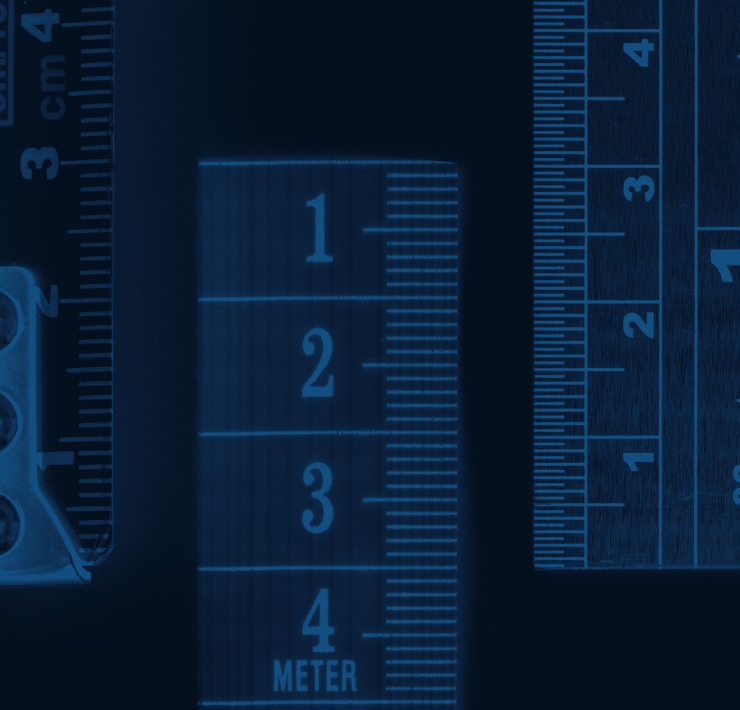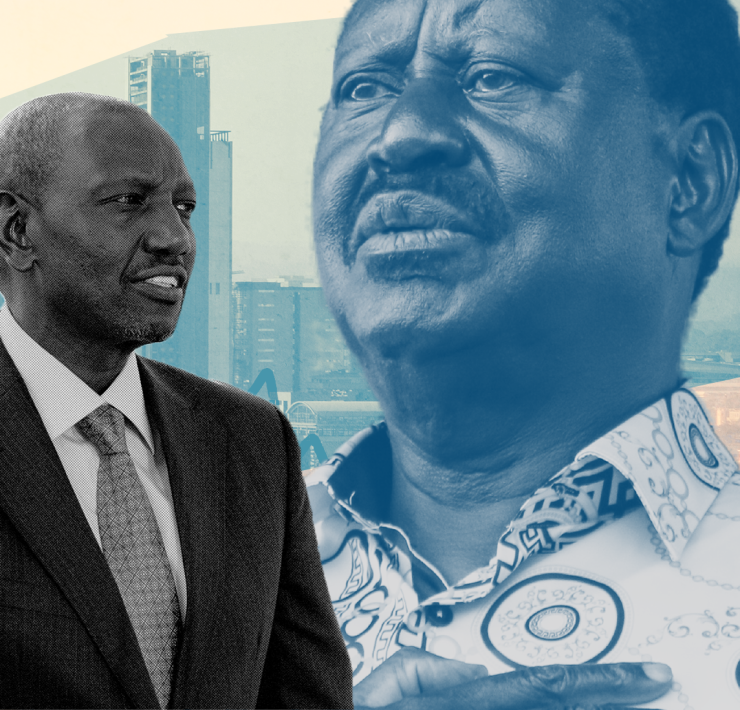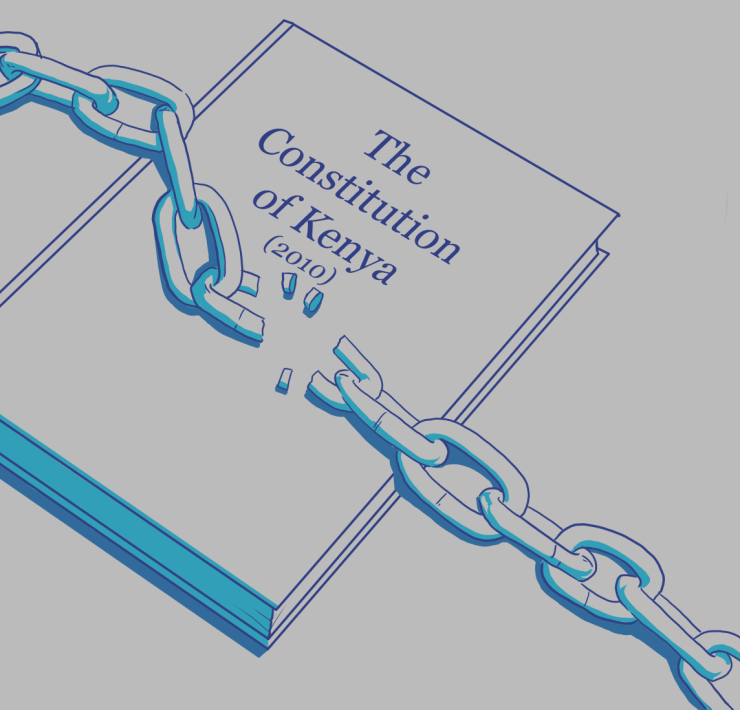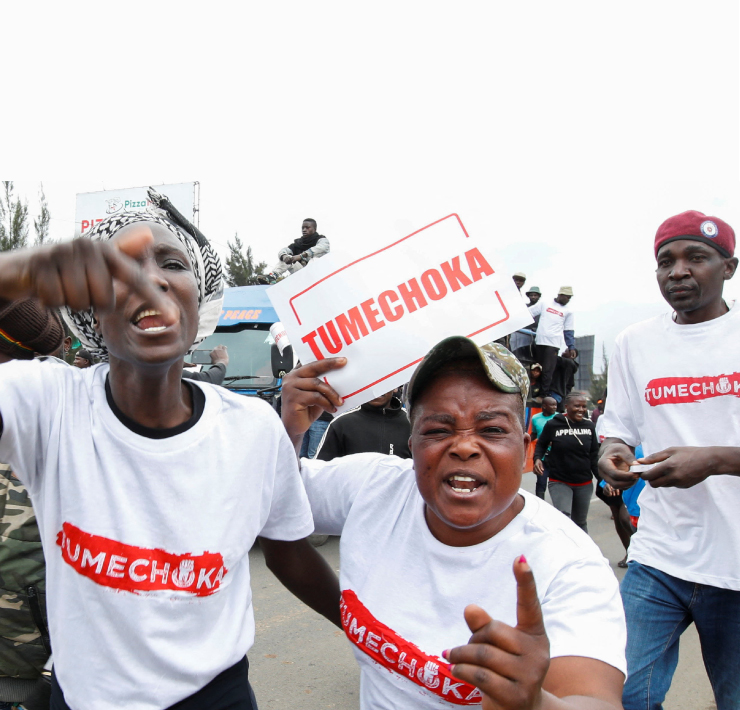On 4 March 2021, Kenya experienced another Sunbolf Moment (Sunbolf vs Alford – 1838) in the name of Emmah Muthoni Njeri -Versus- The Nairobi Women’s Hospital, Petition No. 352 Of 2018 where akin to Sunbolf, the innkeeper ( read the respondent) detained the Petitioner for non-payment of his bill, a preposition that the Kenyan High Court equally considered ‘monstrous’ and unconstitutional.
Emmah Muthoni Njeri, the Petitioner, ran to a hospital for treatment, after which she was slapped with a bill of KSH 3.1 Million. Unfortunately, she could only raise KSH 1.3 million. The hospital detained her for 6 months, after which it further slapped her with a KSH 4.0 Million claiming that the additional charges were the cost of maintaining her stay in the hospital for 6 months.
The Petitioner claimed that the detention violated inter alia her right to dignity, equality, liberty and movement. The Respondents on the other hand claimed that they were enforcing a contractual agreement and/or debt. Put differently, the hospital argued that the patient had signed an undertaking at the time of her admission that she would cater for all medical services rendered once furnished with a medical bill. Further, that during her treatment, the patient was updated on the status of the medical bill and continued to assure the hospital that the bill would be settled in full.
Court’s Decision
The Kenyan High Court agreed with the Petitioner’s submissions and found the detention to be unlawful. The court found as follows;
‘‘53. In reliance on the cited decisions, I find that the unlawful detention of the Petitioner for failure to pay the hospital charges violated her dignity, right to freedom and security of the person, and right to freedom of movement’’
Moreover, the Court held that the contractual debt owed to the respondent was the unpaid amount before the 6 months of detention started to run and that the Respondent cannot be paid for perpetuating an illegality. In a move to vindicate the infringed rights and pass a message of deterrence, the Court granted an award of KSH 3.0 Million as general damages to the Petitioner. The Court also ordered that the contractual debt be set off against the damages awarded. The import of this award of damages, according to the Court, was to vindicate the public and act as a deterrence to a respondent from carrying out other breaches.
In reaching its decision, the Court relied on a number of former decisions.
In M A O & another v Attorney General & 4 others [2015] eKLR it was pronounced that:
“I have found as a fact that the petitioners were detained at the 5th respondent for failure to pay the bill for medical services rendered during the delivery of their children…Such detention, in deplorable conditions, violated the petitioners’ right to liberty and freedom of movement, right to dignity, and right to health.”
Similarly, in Tryphosa Jebet Kosgey v Elgon View Hospital [2016] eKLR the court stated that:
“16. From my analysis, I cannot say that the petitioner’s rights were violated until after 14th May 2015. The petitioner was held against her will for about seven days until 22nd May 2015. The hospital could have released her and recovered the debt in the manner provided by the law. But it chose the easier and perilous route of detaining the patient. That was a violation of her constitutional rights enshrined in article 29 (a) of the Constitution.”
Commentary
Emmah Njeri Muthoni is a landmark decision. Firstly, the decision infuses constitutional values, rights and leitmotifs into contractual obligations. It informs Kenyans that the constitutional chorus of horizontal application of the Bill of Rights has taken root in Kenya and private bodies can no longer wave the private entity card or rely on being protected by the private cloak as a defence to the enforcement of the Bill of Rights. This is to mean that once a private body crosses the red line, it is equally liable.
Secondly, the decision reminds Kenyans that the mantra post the promulgation of the Constitution in 2010 is and should be that liberty of an individual is sacred and should not be taken away easily, and I dare add, that the right to liberty should not be sacrificed at the altar of enforcing contractual obligations such as hospital bills. This is simply because our Constitution promises us the centrality of the liberty of each and every Kenyan. The constitutionalisation of the right to liberty prohibits any form of imprisonment which is not permitted by law.
Thirdly, the Constitution does not countenance the practice of detaining a person so as to procure the payment of a contractual debt. If this practice were to be allowed to take root, it would amount to the co-existence of light and darkness. My Church friends would pause here and ask what fellowship can light have with darkness? The 2010 Constitution moved Kenyans from the dark corners and brought light and the practice of detaining impecunious patients is akin to returning us to those dark corners.
Fourthly, the right to liberty should only be deprived in accordance with procedural fairness and even where the procedural fairness is adhered to, the detaining body must not only have a lawful authority but the detention should be based on constitutionally accepted grounds. Detaining indigent patients for the inability to pay hospital bills is not among those grounds.
Lastly, the decision reminds us of human dignity as a core value and an acknowledgement of the intrinsic worth of human beings. It tells both the state and private bodies that it is an affront to human dignity to detain a person because of an unpaid debt. The right correctly reminds Kenyans that the right to dignity is a foundation of the other rights and if it is not observed, the other rights are dead. The essence of dignity is that an institution must ensure that it respects that self-worth of an individual.
Take Away
Through this decision, the High Court gives effect to the hopes and dreams deeply embedded in our Constitution. In passing the Constitution of Kenya 2010, Kenyans dreamt of a document that would correct the injustices of the past and build a new Republic which puts the vulnerable and downtrodden (Hohehahe) at the center of statehood and not the periphery.







